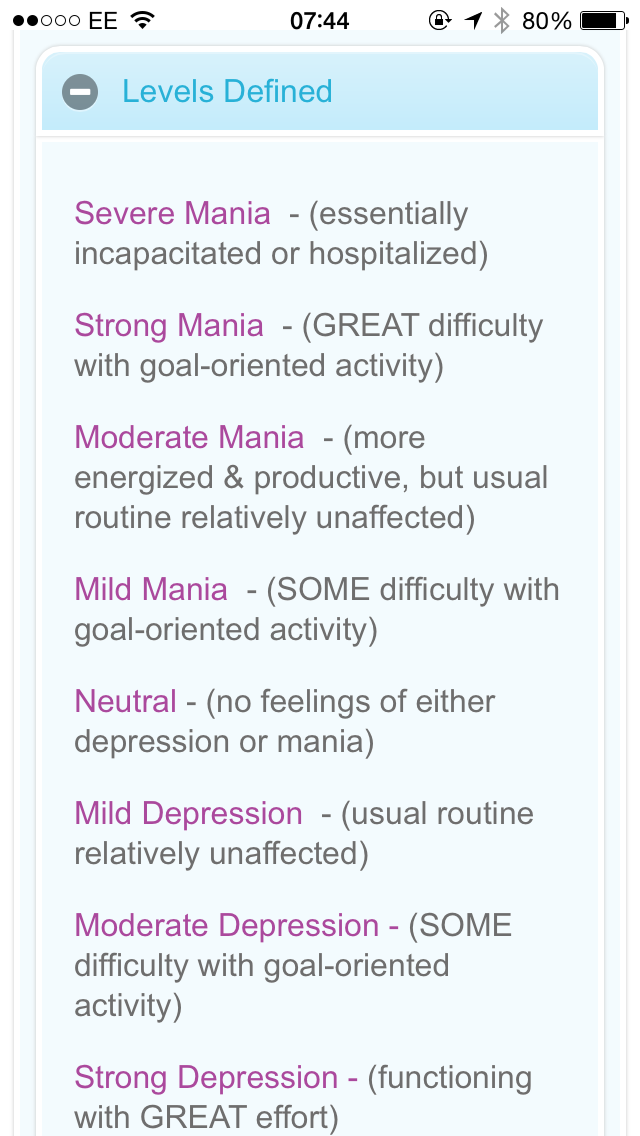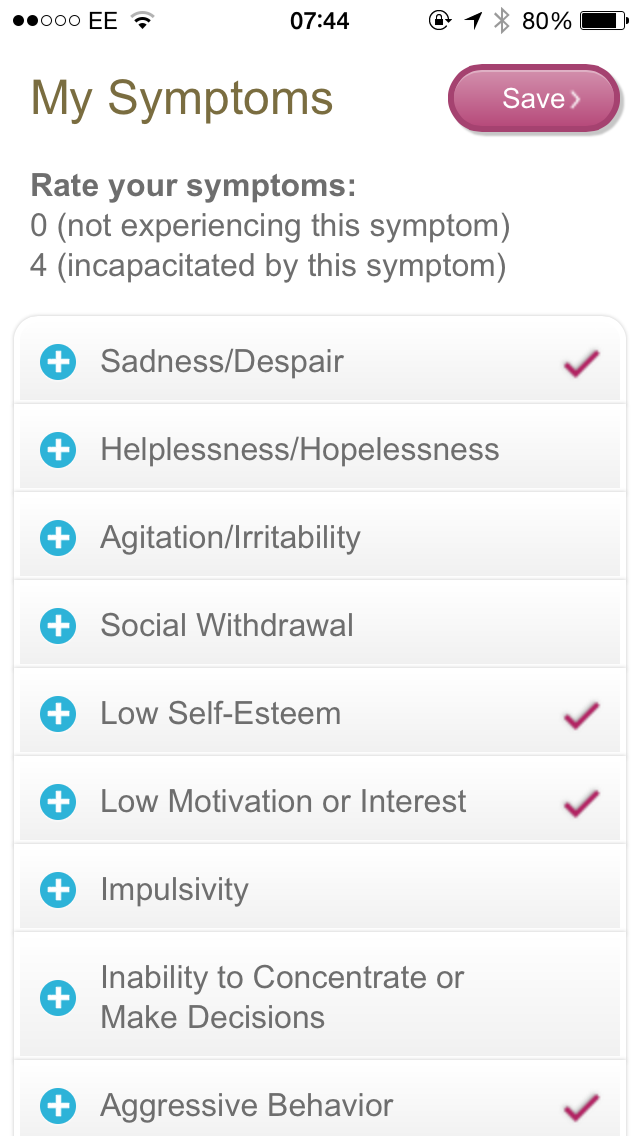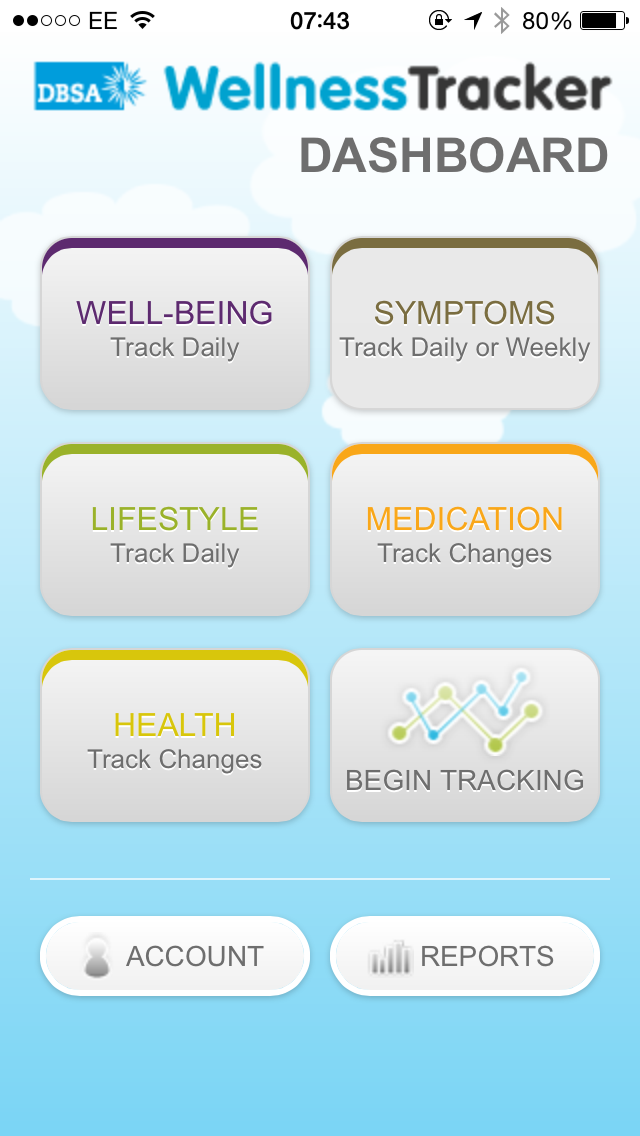It is well documented that some super foods have the powers to help you through a difficult and dark time. It hard to believe when you feel so dark and horrible. An article on twitter caught my eye this morning and I thought I would offer my support. My support can only be personal and not academic but significant enough for me to understand the paper on this level.
A study by Pedersen (2014) investigates the levels of zinc in the blood stream in two different groups; depressed individuals and controlled. The study was inclusive of psychiatric inpatients and community samples.
Finding have shown that zinc levels within the depressive samples are significantly lower than those who are not depressed. What’s more is that the greater the difference in the zinc levels, the bigger the difference in depression levels, the association being that the lower the zinc level, the lower the mood thus making the depressive state more severe. The association is still not conclusive in that we are still unsure as to which direction the causal relationship lies.
I find this particularly interesting as I myself am finding that the better the minerals and vitamins that I include in my daily intake is having a profound effect upon my mood. I am becoming less tired, less irritable and more alert due to my new lifestyle change. Recent personal circumstances have been testing and at times I have predicted a very low mood, yet after having my supplement I have been proved wrong.
So what is this magical supplement?
I have started Herbalife (http://www.herbalife.co.uk/). This is part of a healthier lifestyle for myself, but not only am I noticing a physical change, I am noticing a change in my psych. So much so that now struggle to think what I would do if I did not have this in my life. It has lead me to be able to agree with and support this recent research.

I have to say that this product also has Zinc in it. Maybe, this morning- by accident I have found what I need when I’m running on empty. I am not endorsing Herbalife, although I find it is a fantastic product, it just seems such a consequence that I feel this difference over the last month or so (this is my first attempt at Herbalife) and this paper with significant finds in this area has been released.
It seems to work. But I here the critics saying “what about those on meds?” “what about the genetics-food cannot override this”
Yes and I agree to some extent. Food can not override the genetic predisposition which seems too exist, and no, food cannot behave in the same way that medication can, but surely, despite being on medication you can still eat well to the point where you can assist the medications in boosting your neurotransmitters and vital vitamins used up by the brain? I also argue that food could be used as an alternative to medications for those who do not want to use medication if they can help it. It would be interesting wouldn’t it? Raise your intake of zinc and see if you notice a difference in yourself! In a way, I wish I had a way of testing this myself so I could know.
If you have struggled over the winter and Christmas period especially, try and feed your brain, or continue to do so if you already eat well.
Below is a summary you may find useful:
 I would be interested to see if anyone else uses Herbalife or any other supplement where they have noticed a difference in their mood, or any other feedback about what foods help to increase your mood….we all know a bar of chocolate increases ones mood, so this doesn’t count ladies! 😉
I would be interested to see if anyone else uses Herbalife or any other supplement where they have noticed a difference in their mood, or any other feedback about what foods help to increase your mood….we all know a bar of chocolate increases ones mood, so this doesn’t count ladies! 😉
Pedersen, T. (2014). Depression Tied to Low Zinc Levels in Blood. Psych Central. Retrieved on January 5, 2014, from http://psychcentral.com/news/2014/01/04/depression-tied-to-low-zinc-levels-in-blood/64076.html




















 I would be interested to see if anyone else uses Herbalife or any other supplement where they have noticed a difference in their mood, or any other feedback about what foods help to increase your mood….we all know a bar of chocolate increases ones mood, so this doesn’t count ladies! 😉
I would be interested to see if anyone else uses Herbalife or any other supplement where they have noticed a difference in their mood, or any other feedback about what foods help to increase your mood….we all know a bar of chocolate increases ones mood, so this doesn’t count ladies! 😉